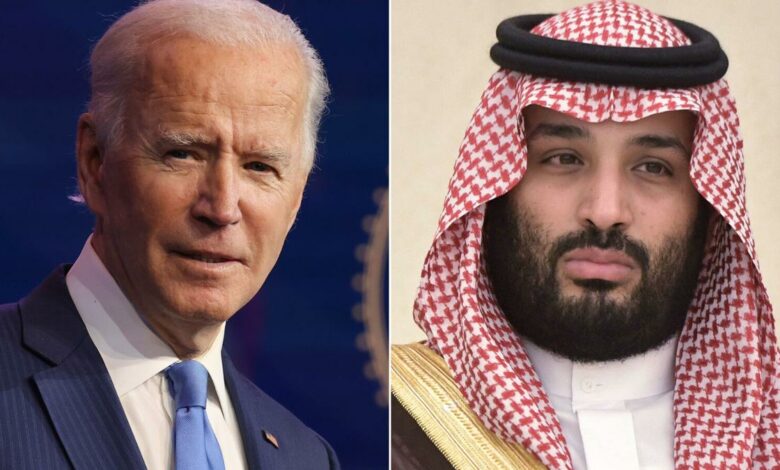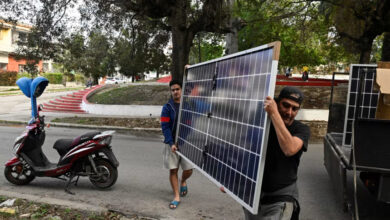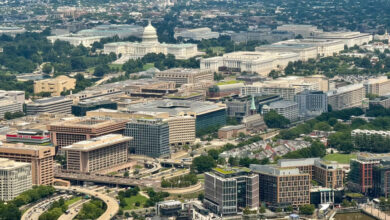
On a visit to Washington earlier this month, Saudi Deputy Defense Minister Khalid bin Salman expressed concerns that the US had still not articulated a comprehensive strategy for dealing with Iran’s nuclear ambitions, ballistic missile arsenal and support for regional militant groups, sources familiar with the discussions told CNN.
- Background: The US has said that prospects of reaching a nuclear agreement with Iran are tenuous, and Middle East officials have said that the administration hasn’t yet told its allies what “Plan B” would be should the talks fail. Sources said the administration has said that it would keep up the economic pressure on Iran and ramp up sanctions enforcement should a deal fall through. The US has also been working to build a regional coalition against Iran, urging the Gulf countries to integrate all their air and missile defense systems against Iranian attacks.
- Why it matters: Concerns over potential Iranian escalation have fueled a broader diplomatic shift between Israel and the Gulf countries, leading to normalization agreements with Bahrain and the United Arab Emirates. The precarious security environment has led Israel to push heavily for Biden to visit Saudi Arabia and meet with the Saudi Crown Prince, multiple officials said.




